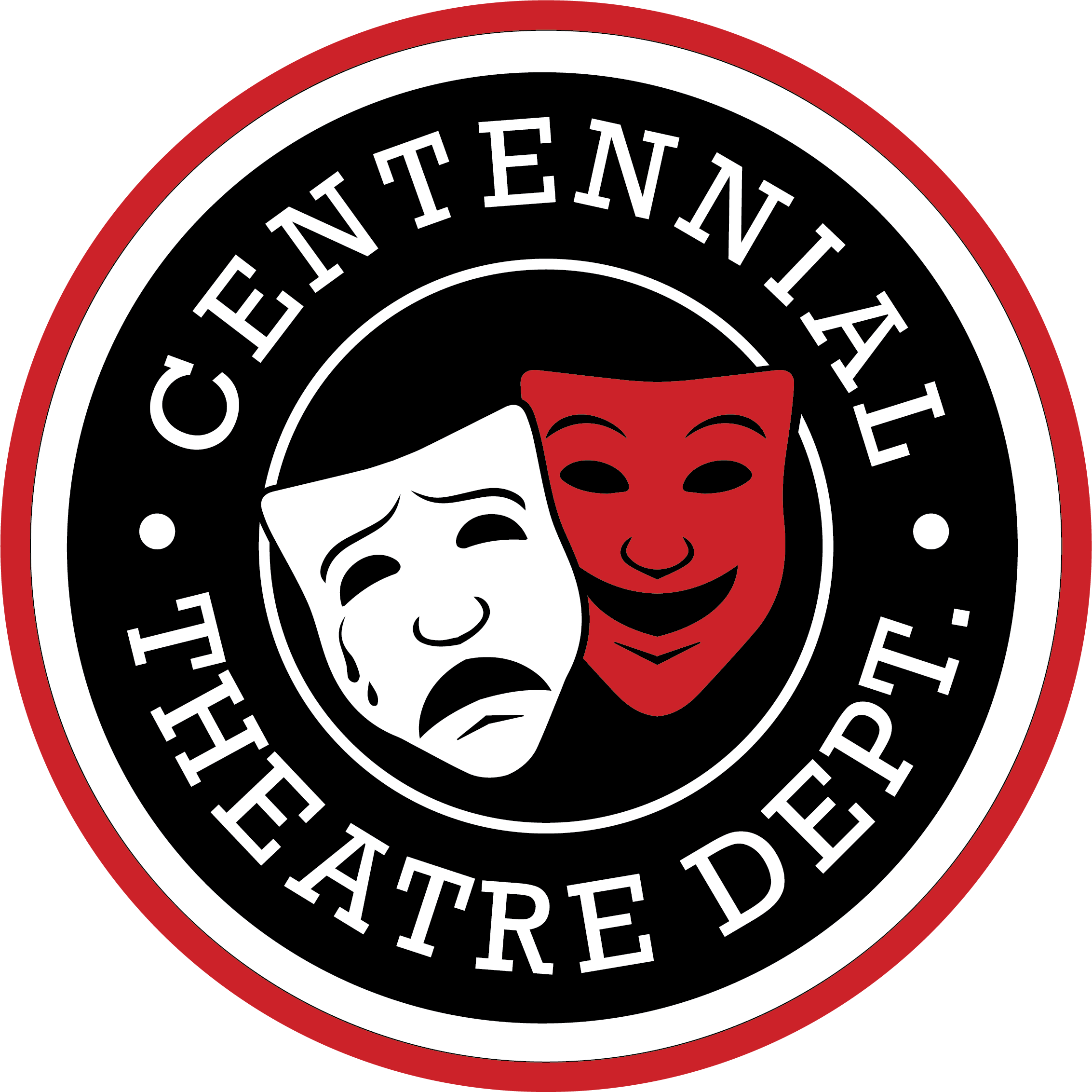Centennial Middle School Speech Team
CAPTAINS
Brynn Partyka
Nora Beeson
Cass Locke
Varshini Kumar
2025/26 CENTENNIAL MIDDLE SCHOOL SPEECH SCHEDULE
CMSA - MS SPEECH REHEARSAL
Scheduled: Dec 8, 2025 at 3:00 PM to 4:40 PM, CST
CMSA - MS SPEECH REHEARSAL
Scheduled: Dec 9, 2025 at 3:00 PM to 4:40 PM, CST
CMSA - MS SPEECH REHEARSAL
Scheduled: Dec 10, 2025 at 3:00 PM to 4:40 PM, CST
CMSA - MS SPEECH REHEARSAL
Scheduled: Dec 11, 2025 at 3:00 PM to 4:40 PM, CST
CMSA - MS SPEECH REHEARSAL
Scheduled: Dec 12, 2025 at 3:00 PM to 4:40 PM, CST
CMSA - MS SPEECH REHEARSAL
Scheduled: Dec 15, 2025 at 3:00 PM to 4:40 PM, CST
CMSA - MS SPEECH REHEARSAL
Scheduled: Dec 16, 2025 at 3:00 PM to 4:40 PM, CST
- SPEECH MEET DATES AND TIMES TBD
- THERE WILL BE 4 SPEECH MEETS IN JANUARY.
- THREE ON THE ROAD AND ONE HOME MEET AT CENTENNIAL MIDDLE SCHOOL.
- THE SPEECH MEET DATES GET DETERMINED BY THE LEAGUE IN SEPTEMBER
RECAP - 2024/25 SPEECH SEASON
This year we had an abnormally low number of Speech Team participants. We usually have around 40 and this year we had 23.
The reason I mention that is because of the extraordinary results from the speech meet finals.
With only 23 competing students, and the next closest school having 13 more students on their team – there should have been no way we would be in competition for a team trophy. However, because of our outstanding placements in each category, we actually pulled off 2nd place! And not by a little…BY A LOT!
For many reasons, I can say in all honesty, that this is by far the best team we have ever had in my 12 years as the Middle School Speech coach. It is no small feat to pull off a 2nd place team award with such a distinct numbers disadvantage. This is a true testimony to the team and students who worked so hard and were so dedicated to this team and to performing at such a high level.
Also, it is testimony to the High School speech team student coaches who gave up so much of their time and committed to these Middle School students.
HERE IS A LINK TO PHOTOS FROM THE FINALS TOURNAMENT
https://photos.app.goo.gl/oaLqsPW7qKpo9D8u8

Centennial Middle School Speech Info
Students will pick a category from the list below. They will stick with that speech for ALL 4 of the meets. They don’t change it.
The student researches and write their own speech OR find a speech already written. Depending on the category they choose. Some categories require you to write your own, (I.E. Informative, Original Oratory, Great Speeches... ) some require you to find an already written piece, (I.E. Drama, Poetry, Duets...)and some require you to prepare for up to 12 speeches, and one of those will be randomly drawn before your speech, and you will have thirty minutes to prepare. (I.E. Extemp Categories, Storytelling).
The best course is to think about what it is you want to say or do, and then figure out what category it fits into. If you want to do a dramatic reading, or if you want to give a speech on global warming, or if you love the challenge of being ready to do a speech with a quick turnaround and being well versed in a lot of different information....but think first about what you want to do.
They need to try and have picked a category before the first class. If they need help Mr. Webster will help them through it in the first meeting, but they have to come back the next meeting prepared with their chosen category and the material ready. Please make the effort to have your category and speech material before the first meeting.
The speeches need to be printed out or handwritten and affixed to a black piece of construction paper that they hold.
They read from the print outs at the meets, yes, but the more familiar they are with the piece the higher the points – eye contact is essential! Off book is the best ! But being really familiar with the piece and making eye contact is important!
At the meets they will perform their piece twice for two different judges. They are given a score. If there score is good they will ribbon! Ribbons scores are superior / excellent and good. Only Superior gets ribbons. The students see all the judges sheets and comments for them to work on.
They are scored on -
- Introduction – (They need to write an introduction which is judged and graded separately from the piece)
- Audience contact
- Voice – control/clarity/diction/projection/expression
- Blocked movement –(If applicable)
- Characterization – (if applicable)
- Eye contact
- Posture/gestures
- Total effectivness
In January they go to the meets. That schedule is posted on the "Speech" main page.
They will be bussed from the MS school on the days of meets, go compete and back to Centennial MS in the evening.
- Speeches need to be printed or written out and mounted on black construction paper.
- Speeches are 4-7 Minutes in length.
- Dress to impress!
The categories:
- Creative Expression
- The speaker presents an original, creative piece. They are judged on writing as well as delivery.
- Duo Interpretation or duets
- A pair of speakers present a piece together. Body contact is not allowed and speakers are only allowed eye contact with each other. during the introduction and transitions. This can be a two-person scene from a play – dramatic or humorous.
- Extemporaneous Reading
- The speaker draws three "cuttings" (a portion of a story) from a selection of around twenty short stories before the meet begins. The speaker chooses one of the three to read and is given thirty minutes to practice it and memorize and introduction. The selections are provided ahead of time, at the beginning of the speech season. The speaker must be prepared to do ANY of them they may draw on the day of the meet.
- Extemporaneous Speaking
- Same as above but focuses on current events. The topics are provided ahead of time, at the beginning of the speech season. The speaker draws three national or international current event questions and is given thirty minutes to prepare a seven-minute maximum speech on the drawn topic of their choice.
- Great Speeches
- The speaker presents on a historically great speech, including an analysis and sections of the original speech.
- Humorous Interpretation
- The speaker presents a humorous selection from a play, prose, or poem.
- Informative Speaking
- The speaker presents an original, unbiased speech on the topic of their choice with the purpose to inform. They are also permitted to use posters or other visual aids to enhance their presentation.
- Original Oratory
- The speaker presents an original speech with the purpose of persuading the audience.
- Serious Interpretation of Drama
- The speaker presents a serious monologue or selection from a play.
- Serious Interpretation of Poetry
- The speaker presents a serious poem, selection of poems, or portion of a poem.
- Serious Interpretation of Prose
- The speaker presents a serious selection from a novel or short story.
- Storytelling
- The speaker draws three from a selection of fifteen folk tales, and presents their interpretation of it. The selections are provided ahead of time, at the beginning of the speech season.
